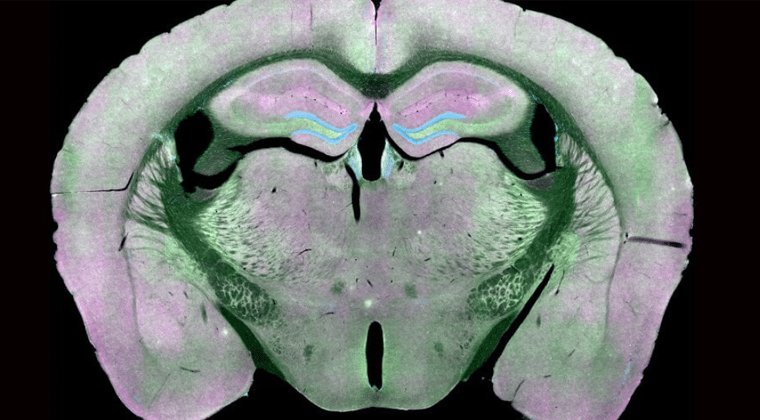Assistant Professor of Neurology
Research Interests
My research program is focused on understanding the cellular mechanisms underlying neuronal trauma and degeneration. Traumatic brain injury (TBI) is the major cause of neurological death and disability in the first half of life, while Alzheimer’s disease (AD) is a primary scourge of the second. TBI is the strongest epigenetic risk factor for AD and several related dementias. We are therefore particularly interested in probing (and severing) this connection. Because AD is considered a synaptopathy, we focus especially on understanding the effects of TBI and subsequent neuroinflammatory processes on synapses. We developed several tools to help observe synapses and their response to neurotrauma, which we apply to untangle the cellular and molecular cascades that lead to acute and chronic synaptic injury. While these efforts involve tools such as advanced microscopy and genetic techniques common in the wet lab, we constantly seek translational approaches that can bridge back to patients. These include non-invasive imaging approaches such as diffusion MRI and EEG-based analyses of structure and function, as well as invasive neuromonitoring approaches commonplace in the Neuro ICU, where I am an attending physician.
Professional Education
- MD: 2006 Washington University School of Medicine, St. Louis, Missouri
- PhD: 2006 Washington University School of Medicine, St. Louis, Missouri
- Residency: 2010 Neurology, Harvard Medical School, Boston, Massachusetts
- Fellowship: 2012 Neurocritical care, Harvard Medical School, Boston, Massachusetts
Affiliations
- Neurology
- Adult Neurology
- Neuroscience
- Hope Center for Neurological Disorders
- Division of Biology & Biomedical Sciences

Kummer Lab
Research in the Kummer lab is focused on the mechanisms of cellular damage in traumatic brain injury and in Alzheimer’s disease, with a particular focus on synaptic and other forms of gray matter injury.
